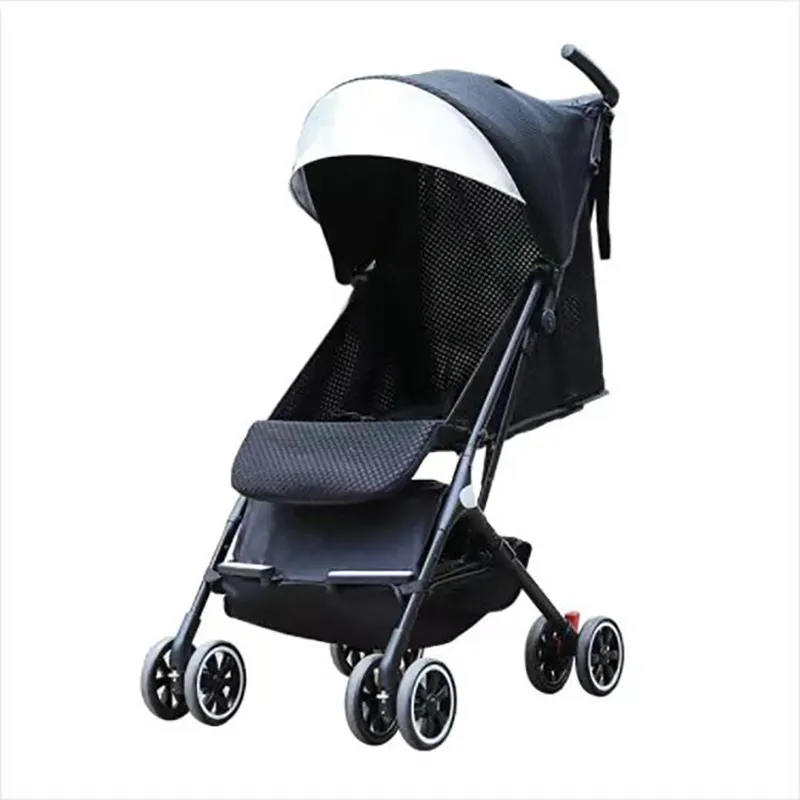
- Afrikaans
- Albanian
- Amharic
- Arabic
- Armenian
- Azerbaijani
- Basque
- Belarusian
- Bengali
- Bosnian
- Bulgarian
- Catalan
- Cebuano
- Corsican
- Croatian
- Czech
- Danish
- Dutch
- English
- Esperanto
- Estonian
- Finnish
- French
- Frisian
- Galician
- Georgian
- German
- Greek
- Gujarati
- Haitian Creole
- hausa
- hawaiian
- Hebrew
- Hindi
- Miao
- Hungarian
- Icelandic
- igbo
- Indonesian
- irish
- Italian
- Japanese
- Javanese
- Kannada
- kazakh
- Khmer
- Rwandese
- Korean
- Kurdish
- Kyrgyz
- Lao
- Latin
- Latvian
- Lithuanian
- Luxembourgish
- Macedonian
- Malgashi
- Malay
- Malayalam
- Maltese
- Maori
- Marathi
- Mongolian
- Myanmar
- Nepali
- Norwegian
- Norwegian
- Occitan
- Pashto
- Persian
- Polish
- Portuguese
- Punjabi
- Romanian
- Russian
- Samoan
- Scottish Gaelic
- Serbian
- Sesotho
- Shona
- Sindhi
- Sinhala
- Slovak
- Slovenian
- Somali
- Spanish
- Sundanese
- Swahili
- Swedish
- Tagalog
- Tajik
- Tamil
- Tatar
- Telugu
- Thai
- Turkish
- Turkmen
- Ukrainian
- Urdu
- Uighur
- Uzbek
- Vietnamese
- Welsh
- Bantu
- Yiddish
- Yoruba
- Zulu
Jul . 31, 2024 20:36 Back to list
How to Properly Adjust the Shifter on Your Mountain Bike for Optimal Performance
Adjusting the Shifter on Your Mountain Bike A Comprehensive Guide
Mountain biking is a thrilling sport that requires precision and control, especially when navigating challenging terrains. One of the key components that contribute to an enjoyable riding experience is the bicycle’s shifter. Adjusting the shifter correctly can significantly enhance your bike's performance, ensuring smooth gear transitions and optimal speed management. This article will guide you through the steps to adjust your mountain bike's shifter effectively.
Understanding the Shifter System
Before diving into adjustments, it’s essential to understand how the shifter works. The shifter is linked to a derailleur, which guides the chain between gears. Modern mountain bikes typically use either a grip shift or a trigger shifter. Grip shifters are rotated, while trigger shifters are activated by pressing levers. Regardless of the type, both serve a similar purpose and require proper tuning to function correctly.
Tools You’ll Need
To adjust your mountain bike's shifter, you will need a few basic tools
- A Phillips screwdriver - A 5mm Allen wrench - A set of Allen keys - A bike stand or a way to elevate your bike for easy access
Step-by-Step Adjustment Process
1. Inspect the Components Before making any adjustments, inspect the shifter, derailleur, and cables for signs of wear or damage. If the cables are frayed or if the derailleur is bent, it may need replacement rather than adjustment.
adjusting shifter on mountain bike

2. Check Cable Tension An essential aspect of shifter adjustment is ensuring proper cable tension. To check this, shift to the middle gear (or the second largest cog in the rear) and look at the derailleur. The chain should be relatively tight; if it’s too loose or too tight, you’ll need to adjust the tension. Most shifters have an adjustment barrel that can be turned to increase or decrease tension.
3. Adjust the Limit Screws Limit screws control how far the derailleur can move to the left (high limit) and right (low limit). To set these, start by shifting the chain to the smallest front chainring and the largest rear cog. There should be minimal movement in the derailleur. Adjust the high limit screw if the derailleur is unable to shift to this position (it should not overshift and risk damaging the chain). Repeat the process for the low limit, shifting to the largest front chainring and the smallest rear cog.
4. Fine-tuning the Shifting Once the limit screws are set, fine-tune the shifting by making small adjustments to the cable tension. Shift through all the gears and listen for any skipping or hesitation. If the bike struggles to shift into higher or lower gears, this indicates the need for additional adjustments to the cable tension.
5. Test Ride After making the adjustments, take your bike out for a test ride. Pay attention to how smoothly it shifts and make any necessary fine-tuning adjustments based on your riding experience.
Maintenance Tips
Regular maintenance is key to longevity and performance. Keep the shifter and derailleur clean, lubricate the cables, and check lever response periodically. This proactive approach helps ensure that your bike remains in top condition, providing you with a smooth ride every time.
Conclusion
Properly adjusting the shifter on your mountain bike is crucial for an enjoyable riding experience. With the right tools and a little patience, you can ensure that your bike's transmission functions smoothly, allowing you to tackle any trail with confidence. Whether you are a beginner or an experienced rider, taking the time to master your bike’s adjustments will undoubtedly enhance your mountain biking adventures. Happy riding!
-
The Ultimate Kids' Four-Wheeler Experience
NewsJul.09,2025
-
The Ultimate Guide to Mountain Bikes: Gear Up for Your Ride
NewsJul.09,2025
-
The New Age of Cycling: Electric Bikes for Every Rider
NewsJul.09,2025
-
The Best Kids Bicycles: Ride in Style and Safety
NewsJul.09,2025
-
The Best 3-Wheel Scooters for Kids: Fun, Safety, and Adventure
NewsJul.09,2025
-
Revolutionize Your Ride: Affordable Electric Bikes
NewsJul.09,2025
-
Finding the Perfect Mountain Bike for Every Rider
NewsJul.09,2025



